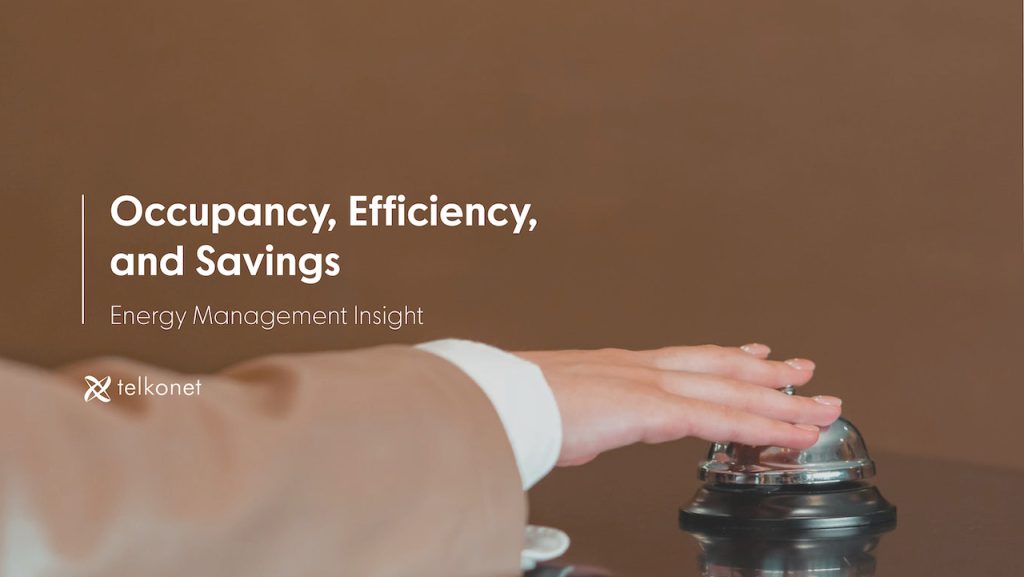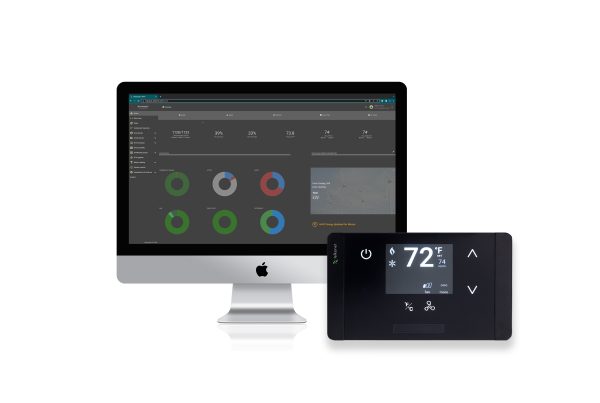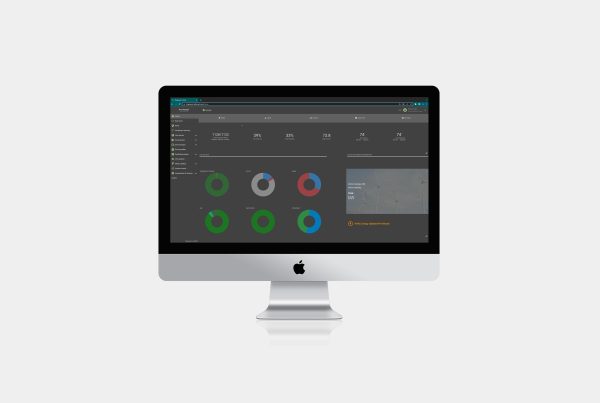
The hospitality industry is making a slow but steady recovery from the difficulties the entire world has faced over the past two years.
Some industry experts claim that US Hotel occupancy rates and room revenue are projected to approach 2019 levels in 2022. Others think it’s a spotty recovery. “We’re headed in the right direction. 2022 will be better than 2021, which was better than 2020” , according to one expert.
Whether guest rooms are occupied or not, building engineers must continue to maintain facilities, and HVAC units must continue to control the indoor climate.
An EMS/GRMS platform can help in a number of ways, including taking advantage of unsold rooms! Harness the bad.. for good!
Building Maintenance Efficiencies
Distance Assistance
Many Energy Management Systems reside in the cloud so you can monitor your property from anywhere. Carry your EMS with you by downloading your EMS system’s smartphone app.
Identify HVAC systems needing attention and schedule equipment repairs before they become problems. Monitor each room’s HVAC equipment from a distance, and get proactive reports in order to schedule maintenance like replacing filters and servicing malfunctioning equipment before they fail entirely. All of this without entering the guest room.
Consult battery reports so you only change EMS/GRMS device batteries that need it. Cross reference these rooms with unsold rooms and unoccupied rooms for even greater efficiency.
Alert!
Configure customized alerts for a host of potential problems, such as:
• if a pipe sensor is above a specific temperature, send a text alert
• if the temperature in any unoccupied rooms dips below 55°F, send a text alert
• if the outdoor temperature reaches 40°F, send a text alert AND switch the thermostats from cool mode to heat mode if the room is unoccupied
As you can see from the third example, the platform can take action in addition to sending alerts. Powerful stuff.
Energy Savings
When occupancy is low energy management systems can produce even more energy savings than when occupancy is normal-to-high.
In “setback” mode, smart thermostats sense the room is not occupied, allowing the room temperature to drift, yet still return to setpoint within a specific period of time (for example, 10 minutes).
And then there’s “Deep Setback”: a profile that can be assigned to groups of thermostats. An EMS platform can move your thermostats into a ‘deep setback’ profile when rooms are unoccupied for extended periods. When you know certain rooms will be unoccupied for an extended period of time, the temperature will be allowed to drift further than in regular “setback” mode. This saves even more energy since occupant comfort is not a consideration.
Humidity Control
It’s easier to dehumidify a room or living space that is unoccupied. Without occupants in the space, the air conditioner can run more aggressively, until the humidity in the air reaches a defined level without disturbing anyone with an uncomfortably chilly space or the noise of a continuously running HVAC.
Conclusion
We urge you to take advantage of unoccupied spaces by configuring your EMS to save energy AND control humidity.
If you’d like to discuss these or any other tips and tricks regarding HVAC for your property, feel free to reach out to our experienced engineers at Telkonet by emailing sales@telkonet.com or by calling 800-703-9398.


